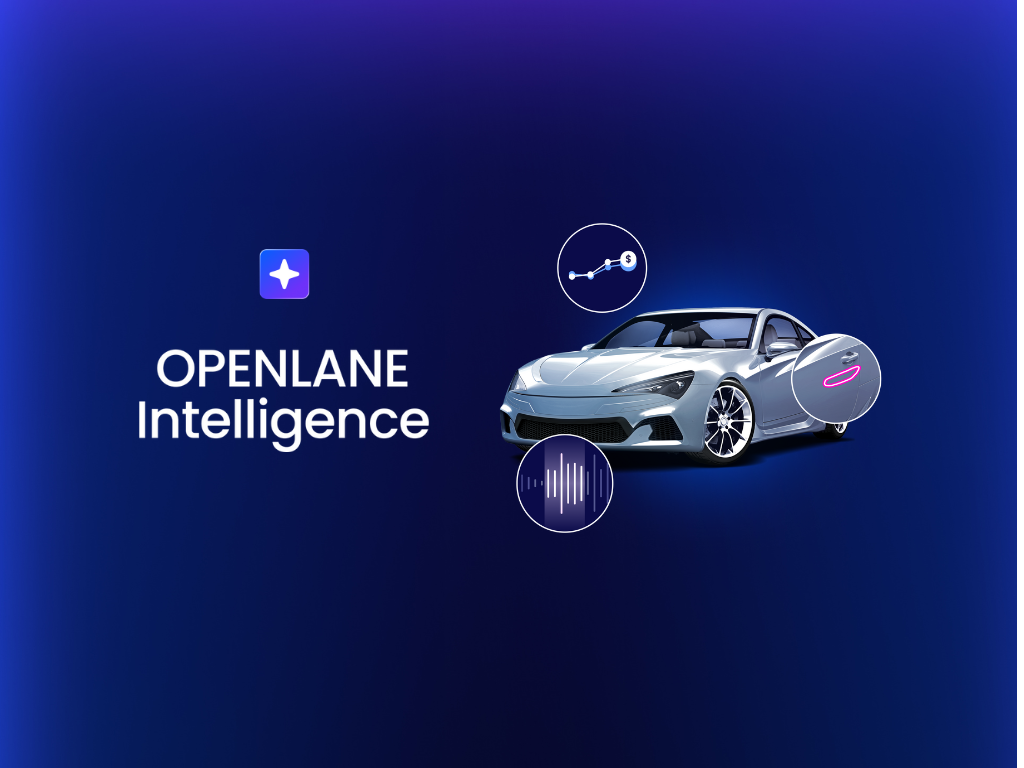FORBES: Seller’s Market For Used Cars And Trucks Is Good News At Trade-In Time
Like new cars and trucks, it’s a seller’s market right now for used vehicles, as well.
It’s a good idea for consumers buying a new car, or buying or selling a used car, to have some idea of what’s happening in the used-car market. Since most buyers have a trade-in, the more you get for your trade-in, the less your monthly payment will be.
That’s the good news.
Wholesale used-vehicle prices are at or near “historically high” levels, for many of the same basic reasons as new vehicles, says Tom Kontos, chief economist for wholesale used-vehicle auction firm KAR Global.
“Tight supply and high demand continue to drive wholesale prices and conversion rates to historically high levels,” Kontos says in a March 29 report on wholesale used-vehicle values for the month of February.
Conversion rate refers to number of units sold at dealer-only auctions, as a percentage of the number of units offered. A high conversion rate means wholesale buyers are snapping up what’s being offered.
New-vehicle inventory is tight, because new-car production has been slow to recover from the coronavirus pandemic over the last 12 months, and in 2021, from a shortage of computer chips. That has an immediate effect on the supply of “nearly new” used cars.
In addition, since new-vehicle sales are soft compared with pre-pandemic sales, that means dealers are taking in fewer used cars as trade-ins, so available used-car inventory is down, too.
At the same time, demand for used vehicles is high. That’s partly because it’s tax-refund season, which is typically the busiest part of the year for used-car sales to retail customers. Analysts say high new-vehicle prices are also driving some shoppers to switch to used vehicles, instead.
In addition, government stimulus checks are also expected to lead to higher used-vehicle sales, Kontos said. “Dealers appear to be stocking up for a strong spring market, boosted by stimulus money, as well as tax refunds,” he said.
The downside of high used-vehicle prices for consumers, of course, is that while you’re likely to get more for your trade-in, new- and used-car prices are also high. Therefore, they’re likely to cost you more.
Specifically, Kontos reports that the average, wholesale used vehicle, cars and trucks combined, cost $13,240 in February, an increase of 16.8% vs. a year ago. The average, wholesale used-car value was $9,624 in February, up 15.1%, while the average truck was $15,644, up 15.6%.
Separately, J.D. Power and LMC Automotive estimated that the average new-vehicle retail transaction price in February was a record $37,524, cars and trucks combined.
“Wholesale used-vehicle prices climbed further in February, with average values up significantly over January, and by double-digits in percentage terms over pre-COVID levels,” Kontos said. “These trends continued into the first two weeks of March, which were the final weeks last year not significantly impacted by the pandemic.”



